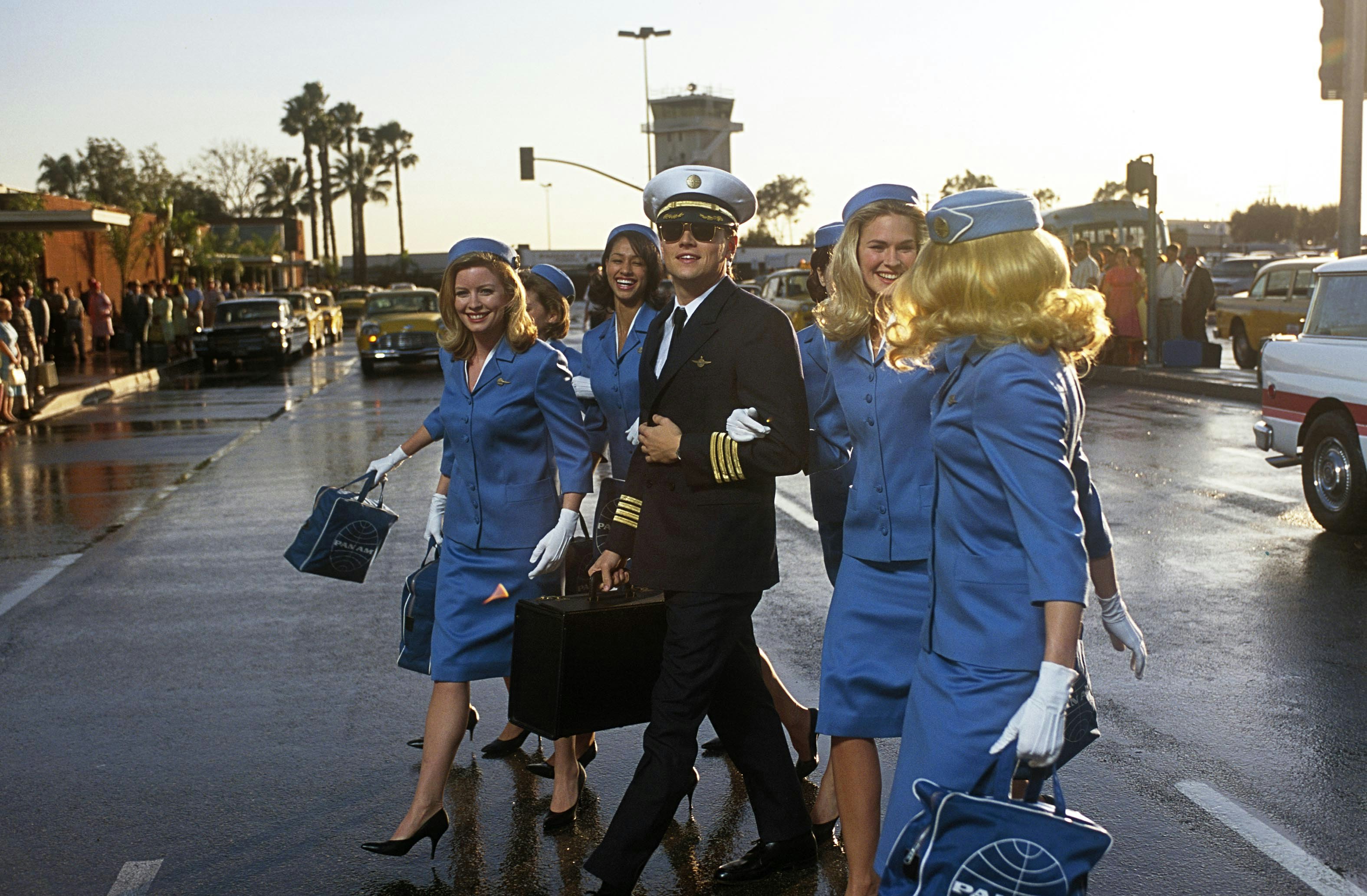
Few directors are misunderstood like Steven Spielberg. With his semi-autobiographical film The Fabelmans now up for piles of Oscars, including Best Picture, the director’s body of work has come under renewed scrutiny. And everyone seems to get the guy wrong.
Criticisms that Spielberg is “too sentimental” or “feel good” betray a cynical, bleak heart that underpins his oeuvre. Everyone remembers the majestic dinosaurs of Jurassic Park, but everyone forgets the capitalist greed that ends with dead bodies on the island. There’s even a word that whitewashes his sensibilities: “Amblin-esque,” denoting movies with youthful and nostalgic whimsy, named after Spielberg’s Amblin label that made its bones with generation-defining releases like E.T., The Goonies, and Back to the Future.
But no one who’s directed a harrowing, gruesome re-enactment of the Invasion of Normandy where a soldier screams for his mama while holding his guts together should be so mistaken. It’s true that Spielberg’s films often center on universal themes like personal connections, family, and camaraderie, which all swirl in his uniquely spellbinding alchemy of blocking and photography. But hidden in these idyllic gardens is a snake whose venomous bite stings when least expected.
Few Spielberg movies are as deceptive as Catch Me If You Can. Released in 2002, the film is based on the alleged schemes of real-life con artist Frank Abagnale, who made a living faking checks and impersonating a Halloween store’s worth of professions. Fittingly, Abagnale’s tall tales are an elaborate ruse, which speaks to the alarming magnetism of Abagnale that he can so confidently lie about being a liar.
Leave it to Spielberg to find the bitter truths in Abagnale’s schemes. With the indisputably charming, in-his-prime Leonardo DiCaprio as Abagnale, and Tom Hanks playing the square FBI agent trying to arrest him, Catch Me If You Can challenges accusations that Spielberg is singularly obsessed with wistful nostalgia of Americana. Like Abagnale himself, Catch Me If You Can is viciously stylish — from John Williams’ pulpy big band score to DiCaprio’s enviable wardrobe — but bitter in its case that Abagnale’s sociopathy is rooted in survival instincts borne from his broken home. Christopher Walken, as Abagnale senior, favors a fable about a mouse who keeps from drowning in cream by churning butter. For Abagnale Jr., there’s simply never enough butter to escape.
Until The Fabelmans, Catch Me If You Can was perhaps Spielberg’s most personal film. It’s not that Spielberg swindled $4 million before directing Jaws. But like Abagnale, Spielberg's parents divorced in his teens, and the director visibly wrestles with how the implosion of a stable home can wreak havoc on restless youth. Much of Abagnale’s escapades even play out like the ultimate adolescent male fantasy; he’s regularly besieged by swooning girls (including future stars Ellen Pompeo and Elizabeth Banks) while keeping Cadillac keys in his tailored pockets.

But the movie makes sure to remember that Abagnale is a teenager playing a dangerous game. And at heart, he’s still a boy. It’s not accidental that he learns just enough to get by based on what he sees on TV. Nor that one of his cover identities is “Barry Allen,” lifted from comics stashed in his bedroom. On one rather lonely Christmas night, Abagnale calls Hanks’ Hanratty and tells him, “I want to go home.” The boy is done playing pretend, but he can’t let it end.
Frank William Abagnale Jr. has a superpower of his own: the charm to get out of Dodge. Soon the lies and paper trail catch up with him — fret not, the movie’s unique framing wastes no time making you know this from the jump — but even if the wasteland of lies coated in charisma ends in an unlikely friendship and a good life at last, Catch Me If You Can puts to rest notions that Spielberg is all clear-cut comic book morals and innocent adventures.
Catch Me If You Can is streaming on HBO Max.







